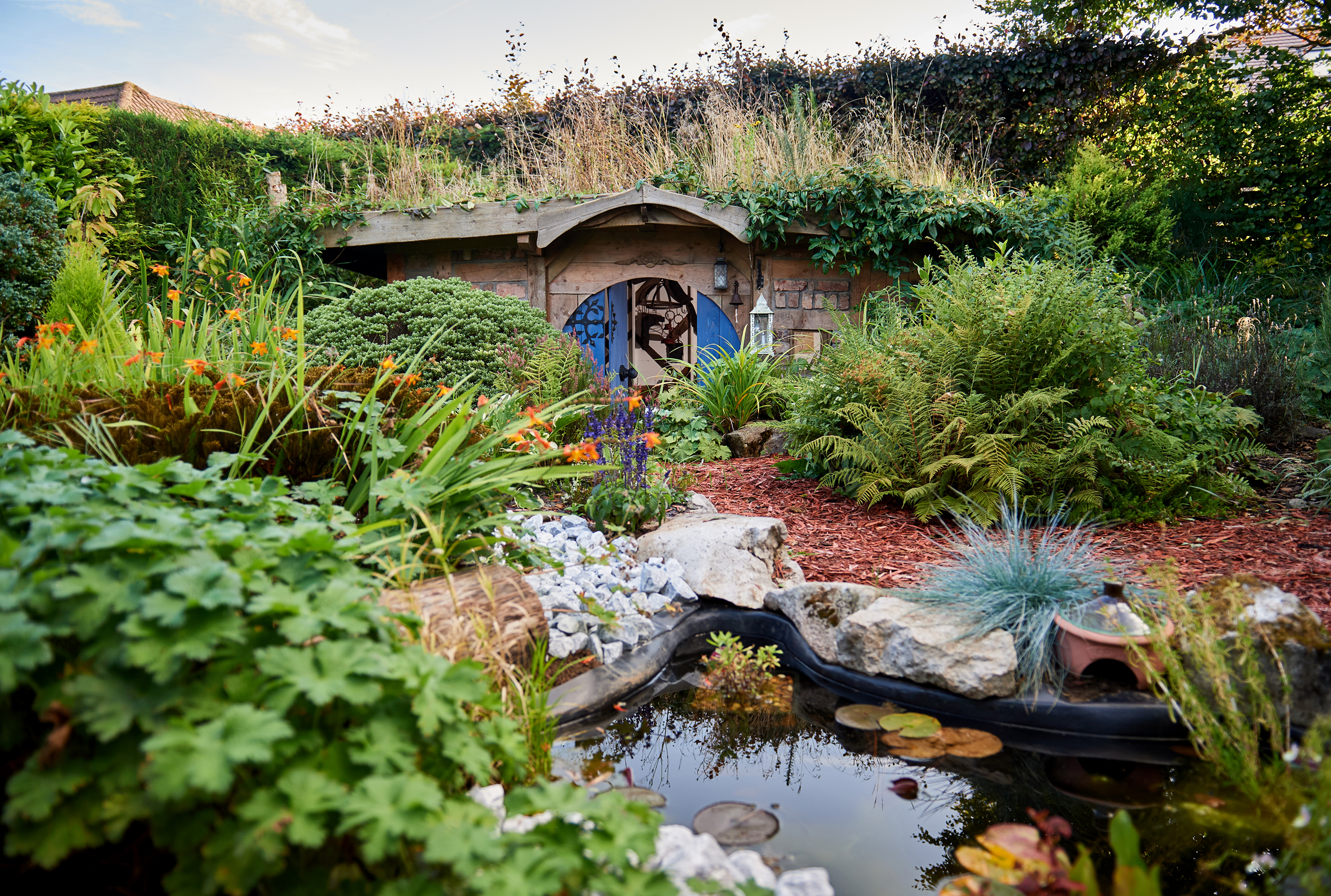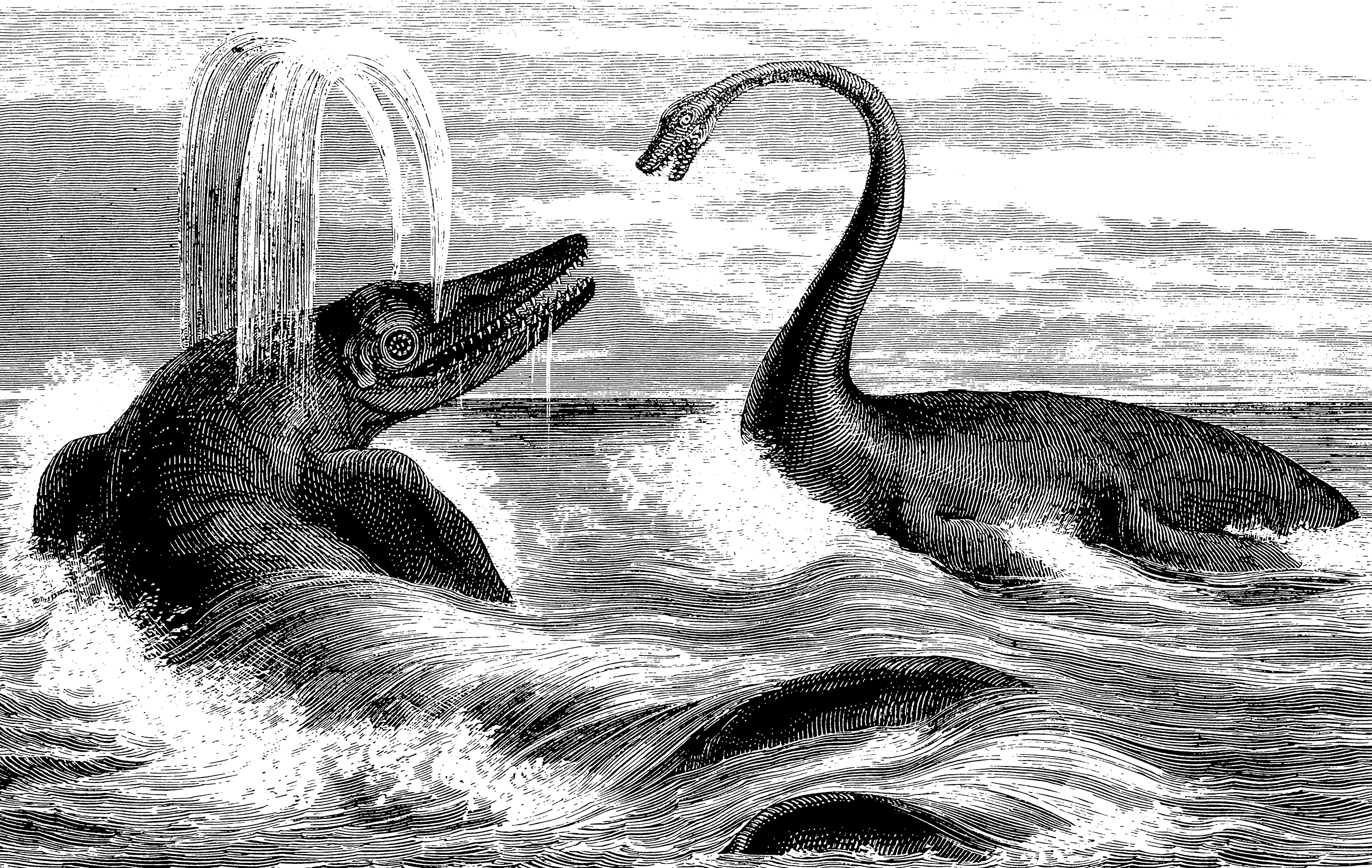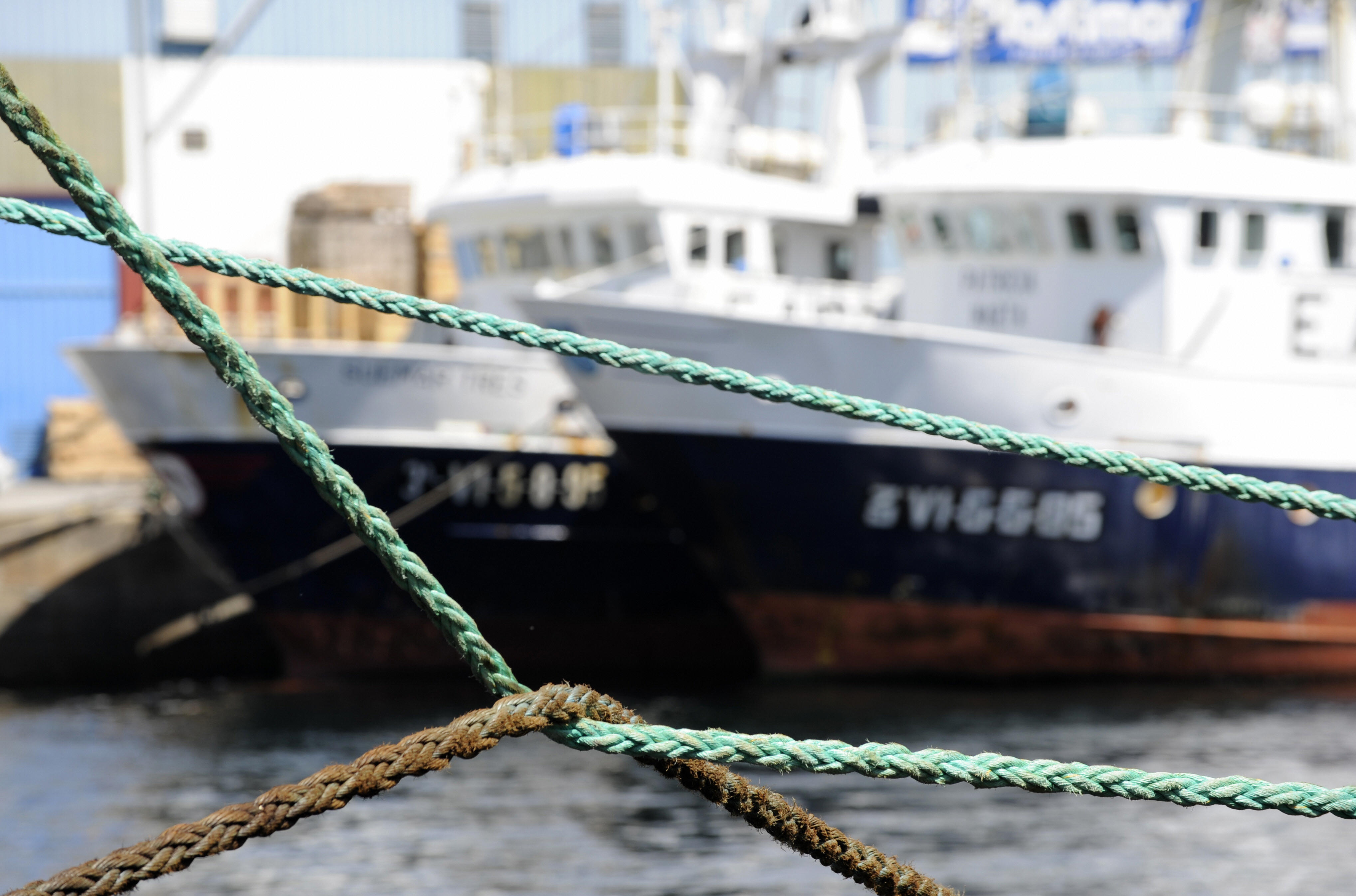Country Life Today: Why every child in Britain should have a chance to camp under the stars in our wonderful countryside
A bold new idea plans to show every child in Britain the beauty of our national parks; the Fens are being rewilded, but not everybody is happy about it; and take a look at Britain's finest sheds.


Children should camp out under stars to help 're-ignite' passion for national parks
Julian Glover's review of the National Parks of Britain has come up with a fascinating idea to instil a love of the countryside at a young age: give every child in Britain a chance to spend at least one night camping out under the stars.
Mr Glover suggests that 'overnight school trips would help pupils understand more about the natural environment', according to a BBC report. There are a number of other recommendations in the report, with its lead author saying that it's time to 're-ignite' the passion which first saw the parks set up.
Nights out under the stars as a youngster can be an unforgettable experience, so this does seem a wonderful plan that we'd love to see it happen — then again, the teachers who'll have to run such trips might have a somewhat different take on the matter.
And the winning shed is..
The winner of the Shed of the Year competition has been announced and, no, it's not the politically-affiliated one you have been reading about in the papers.

The accolade went to Chris Hield for his eco-friendly Bux End, a Tolkien-inspired shed with a living roof.
Sign up for the Country Life Newsletter
Exquisite houses, the beauty of Nature, and how to get the most from your life, straight to your inbox.
Fenland that was once the sea that almost drowned King Canute to be re-wilded

It's hard to imagine a stretch of farmland south of Peterborough once being part of the sea, but that is the case for Whittlesea Mere, a once-thriving port where King Canute almost drowned in a ship that sank. The Fens have changed over the centuries perhaps more quickly than any other part of Britain, however, and in the 19th century this became highly productive farmland.
There is now a plan to return it to nature. In what is described as 'one of Britain’s most ambitious and controversial rewilding projects', conservationists have bought up large chunks of the land and plan to let the waters back in. 'It’s trying to rebuild an entire lost landscape and let people reconnect with nature,' author Alan Bowley told The Times of the Great Fen Project.
Others are not so sure about the plan, with local farmer John Ayres telling the paper that the plan is 'a disaster' and that the land will become 'a haven for weeds and foxes.'
Largest-ever North Pole expedition sets off
The biggest Arctic research expedition to date, which will see hundreds of scientists locked in an ice floe for months to study the changing climate, is heading towards the North Pole.
The researchers are based on a ship that will embed itself in the polar sea-ice and drift with it for an entire year.
A hundred happy returns for the Forestry Commission
Set up in September 2019 to restore Britain's depleted woodland, the agency is celebrating a hundred years of growth and successes.

Now the largest provider of recreational outdoor space in England, it has put together a packed calendar of centenary events to get people to visit its forests.
On this day… the first major battle of the Wars of the Roses
On September 23, 1459, the 5,000-strong Yorkist army, under the command of the Earl of Salisbury, defeated the much larger Lancastrian army at Blore Heath, in Staffordshire. The Lancastrian commander, James Touchet, Lord Audley, died in the field.
Blore Heath was the second battle in the war, following the (smaller) First Battle of St Albans, which had taken place in 1455.
Relief in sight for flood-hit Yorkshire farms
Farmers who suffered from the Yorkshire Dales floods in the summer can now apply for grants from the Government's £2-million Farming Recovery Fund.
The grants, which will range from £500 to £25,000, will cover repair costs and cover uninsurable damage caused by water.
Full story (The Yorkshire Post)
And finally... how the Isle of Wight's giant dinosaurs — the size of fighter jets — managed to take to the skies
You know that feeling when something's been bugging you for 125 million years, and you finally find an answer? Us neither, but paleontologists have just experienced exactly that with a computer simulation that appears to solve the problem of Hatzegopteryx.
This giant Pterosaur, which lived 125 million years on what is now the Isle of Wight, was a puzzle since this 20ft tall, 650lb monster seemed far too big to take off. But research with a computerised 3D model suggests they used their massive leg and wing muscles to catapult themselves into the air. 'We think this is one of the first super-pterosaurs,' fossil hunter Robert Coram told The Times.
Carla must be the only Italian that finds the English weather more congenial than her native country’s sunshine. An antique herself, she became Country Life’s Arts & Antiques editor in 2023 having previously covered, as a freelance journalist, heritage, conservation, history and property stories, for which she won a couple of awards. Her musical taste has never evolved past Puccini and she spends most of her time immersed in any century before the 20th.
-
 ‘It had the air of an ex-rental, and that’s putting it politely’: How an antique dealer transformed a run-down Georgian house in Chatham Dockyards
‘It had the air of an ex-rental, and that’s putting it politely’: How an antique dealer transformed a run-down Georgian house in Chatham DockyardsAn antique dealer with an eye for colour has rescued an 18th-century house from years of neglect with the help of the team at Mylands.
By Arabella Youens
-
 A home cinema, tasteful interiors and 65 acres of private parkland hidden in an unassuming lodge in Kent
A home cinema, tasteful interiors and 65 acres of private parkland hidden in an unassuming lodge in KentNorth Lodge near Tonbridge may seem relatively simple, but there is a lot more than what meets the eye.
By James Fisher
-
 The brilliant tractor tribute to the NHS from a group of Warwickshire farmers
The brilliant tractor tribute to the NHS from a group of Warwickshire farmersPeople around Britain have been paying tribute to the efforts of our NHS workers at the time of the coronavirus pandemic — but few have been as creative and clever as this one.
By Toby Keel
-
 London's iconic red bus at risk and 6,000 year old chewing gum gives clues into our DNA history
London's iconic red bus at risk and 6,000 year old chewing gum gives clues into our DNA historyCuts to industry subsidies and an increase in fares has left bus use at its lowest point ever, while DNA extracted from ancient 'chewing gum' allows scientists to decipher the genetic code of a Stone Age woman.
By Alexandra Fraser
-
 90-million-year-old 'swimming dinosaur' skeleton found by dogs out walking in Somerset, and the nonchalant moths who don't bother fleeing enemies
90-million-year-old 'swimming dinosaur' skeleton found by dogs out walking in Somerset, and the nonchalant moths who don't bother fleeing enemiesA superbly intact dinosaur skeleton — described as being 'museum quality' — has been discovered on a beach in Somerset.
By Toby Keel
-
 Battle to ban 4x4s from the idyllic Lake District spot bequeathed by Beatrix Potter, eagle fights octopus and the 'snail's pace' climate talks
Battle to ban 4x4s from the idyllic Lake District spot bequeathed by Beatrix Potter, eagle fights octopus and the 'snail's pace' climate talksThis morning we look at Little Langdale's fight for peace, reflect on the climate change talks in Madrid and discover the soundtrack for Brexit.
By Toby Keel
-
 Country Life Today: How Greta Thunberg shifted the dial on climate change — and the backlash shows just how much
Country Life Today: How Greta Thunberg shifted the dial on climate change — and the backlash shows just how muchThis morning we ponder whether Greta Thunberg is the Joan of Arc for the environmental movement, look at a key election — one from 19 years ago — and ponder the marvel of 'dad tidying'.
By Toby Keel
-
 Country Life Today: Great news for those who love our great country pubs — the years of decline are over
Country Life Today: Great news for those who love our great country pubs — the years of decline are overThere is a great sign of health in the pub industry, we look back at Edward VIII's abdication message and fret about Greenland's melting ice.
By Toby Keel
-
 Country Life Today: Spain accused of being 'a deplorable choice' for UN climate conference
Country Life Today: Spain accused of being 'a deplorable choice' for UN climate conferenceA no-holds-barred assault on the Spanish fishing industry, Banksy raising awareness of the homeless and the woes of the Christmas jumper are in today's news round-up.
By Carla Passino
-
 Country Life Today: 'This is perhaps the ultimate wake-up call from the uncontrolled experiment humanity is unleashing on the world’s oceans'
Country Life Today: 'This is perhaps the ultimate wake-up call from the uncontrolled experiment humanity is unleashing on the world’s oceans'In today's round up, we examine why oxygen loss is putting oceans at risk, discover that action to cut air pollution brings almost immediate benefits to human health and find out which bird's arrival marks the start of winter in Gloucestershire.
By Carla Passino